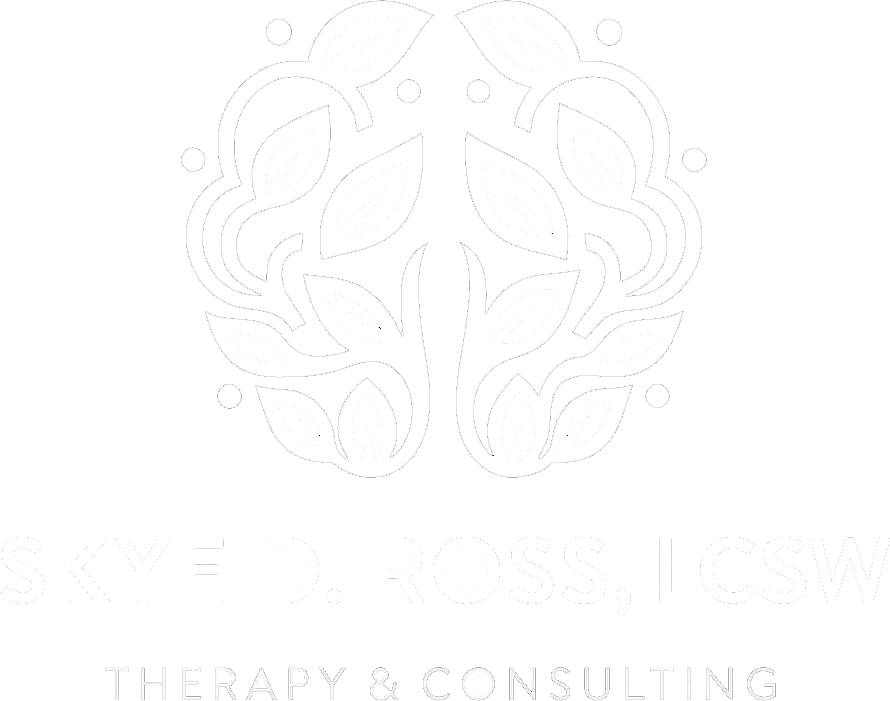From anxious and uncertain to confident, grounded, and attuned
You’ve completed your EMDR basic training. You’re inspired by it and maybe even in awe of what it can do.
But sitting across from your first clients, your body tells another story.
Your mind races:
“Am I doing this right?”
“Should I go back to Phase 2?”
“What if my client dissociates?”
“What if I can’t get them back?”
Your palms sweat.
Your voice tightens.
You look at the script but can’t feel it.
You know EMDR works, but something in you is afraid to trust yourself using it.
You’re not alone. Every new EMDR therapist has been there.
What makes the difference is having a consultation space that helps you feel steady enough to trust the method — and your instincts.
The Transformation
Imagine this:
You’re in a session with a trauma client who used to overwhelm you.
But now your breath is steady.
You sense when to slow down, when to pause, and when to lean in.
You can name what’s happening in their system and in yours.
You know how to reorient them gently, when to bridge to resource, when to return to target.
You finish the session grounded, clear, and quietly proud.
That’s the transformation EMDR consultation is designed to create: from “I hope I’m doing it right” to “I know what my client and I need next.”
What We’ll Work On
EMDR consultation isn’t just about completing your hours for EMDRIA Certification.
It’s about building real-world confidence — the kind that lives in your nervous system.
Through personalized consultation sessions, you’ll:
- Strengthen your EMDR skills across the 8 Phases and 3 Prongs
- Learn to read your client’s nervous system and know when to pause or deepen
- Get unstuck when processing loops, dissociation, or phobic avoidance appear
- Integrate somatic, parts-based, and attachment-informed interventions
- Understand how to use EMDR safely with complex trauma, grief, and anxiety
- Find your voice and rhythm as an EMDR therapist
You’ll leave each session feeling clearer, more anchored, and better equipped to bring EMDR alive with your clients.
My Approach as an EMDR Consultant
I’m an EMDRIA-Approved EMDR Therapist and Consultant-in-Training (CIT), offering up to 15 of the 20 required hours toward EMDRIA certification at a discounted rate.
But more than that, I offer a space to grow your confidence from the inside out.
My approach weaves together:
- Somatic and nervous-system awareness so you stay grounded in session
- IFS-informed EMDR and attachment-based approaches so you meet parts with precision and care
- Reflective consultation so you integrate your clinical head with your intuitive heart
I’m also a Certified Compassion Fatigue Professional, helping you build sustainability as you grow.
You’ll feel seen not just as a clinician, but as a whole human learning something powerful and tender.
Who This Space Is For
This EMDR consultation space is ideal if you:
- Recently completed EMDR Basic Training and want clarity and confidence using it
- Feel unsure how to phase or target complex trauma cases
- Want mentorship that helps you integrate EMDR with your authentic clinical style
- Crave a consultation space that’s warm, safe, and nonjudgmental
- Are working toward EMDRIA Certification and want high-quality support along the way
Whether you’re in private practice or agency work, this is where EMDR becomes alive as an embodied process you can trust beyond sticking to the script.
The Felt Shift
Therapists who work with me often describe feeling:
- Calmer and more confident in session
- Less self-critical and more connected to their instincts
- Able to think clearly when clients dissociate or get stuck
- Proud of their ability to track complex material without losing presence
It’s not just about mastering the model.
It’s about becoming the kind of EMDR therapist whose presence feels like safety.
Ready to Begin?
If you’re ready to move from anxious to attuned, from memorizing scripts to embodying skill, I’d love to support you.
Reach out to learn more about EMDR consultation or to schedule your first session.
Together, we’ll turn your training into embodied confidence so you can help clients heal with clarity, steadiness, and heart.

